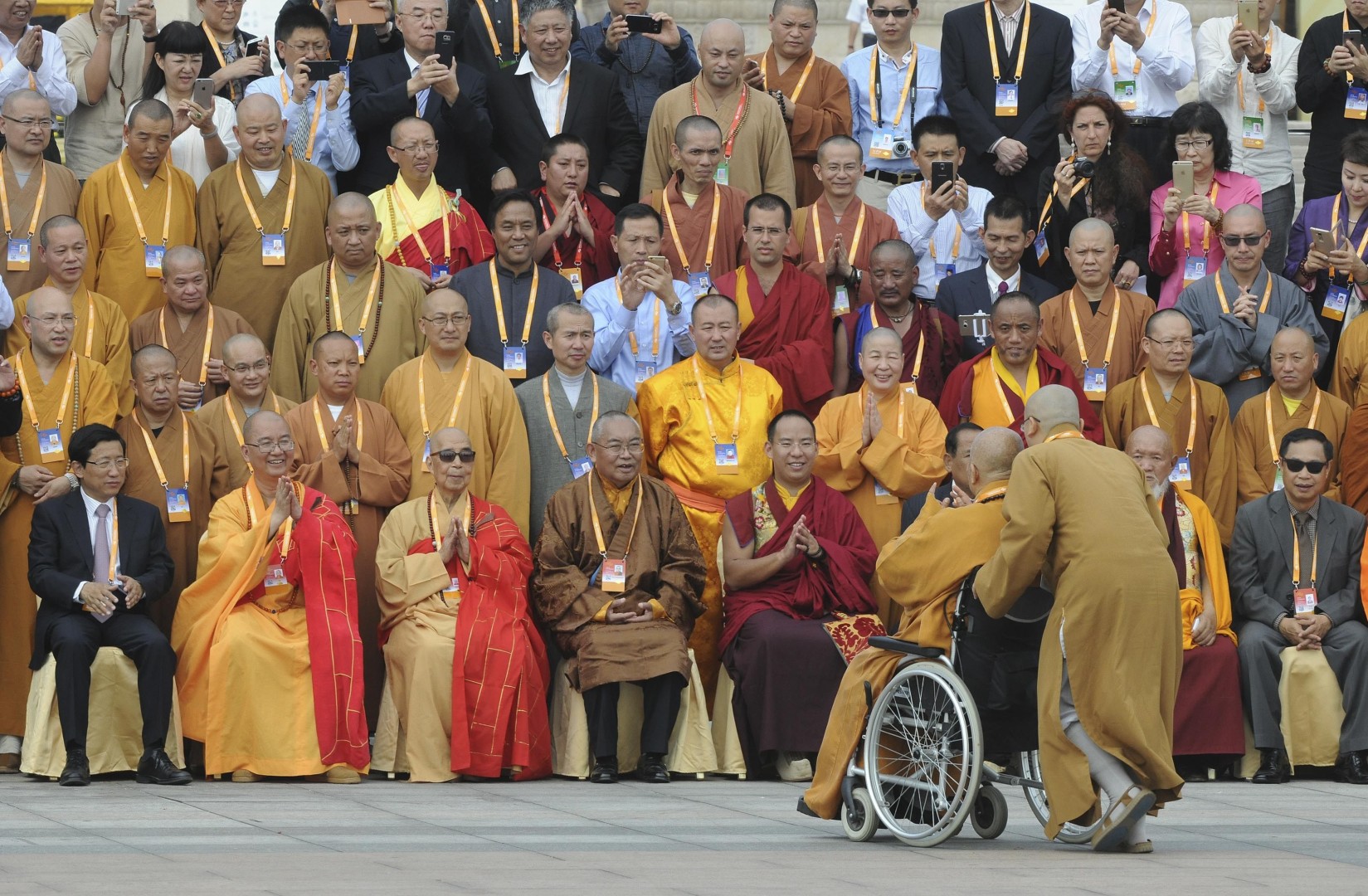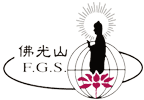Early Life and Education
Master Hsing Yun was born in Jiangdu, Jiangsu, China, in 1927. His early life was marked by poverty and hardship. After his father’s death during the Sino-Japanese War in 1938, Master Hsing Yun and his mother endured a difficult search for his father’s remains. Despite these challenges, he pursued his Buddhist education, graduating from Jiaoshan Buddhist College in 1947. This period provided him with a comprehensive understanding of Buddhist teachings, including Zongxia, Jiaoxia, and Luxia. He later served in various capacities, such as the principal of Baita Elementary School, editor-in-chief of Raging Waves magazine, and abbot of Huazang Temple in Nanjing.
Journey to Taiwan and Early Contributions
In 1949, Master Hsing Yun relocated to Taiwan, where he became a pivotal figure in the development of Taiwanese Buddhism. He served as the academic director of the Taiwan Buddhist Seminar and editor-in-chief of Life magazine. In 1957, he established the Buddhist Cultural Service Office in Taipei, and in 1964, he founded Shoushan Buddhist College.
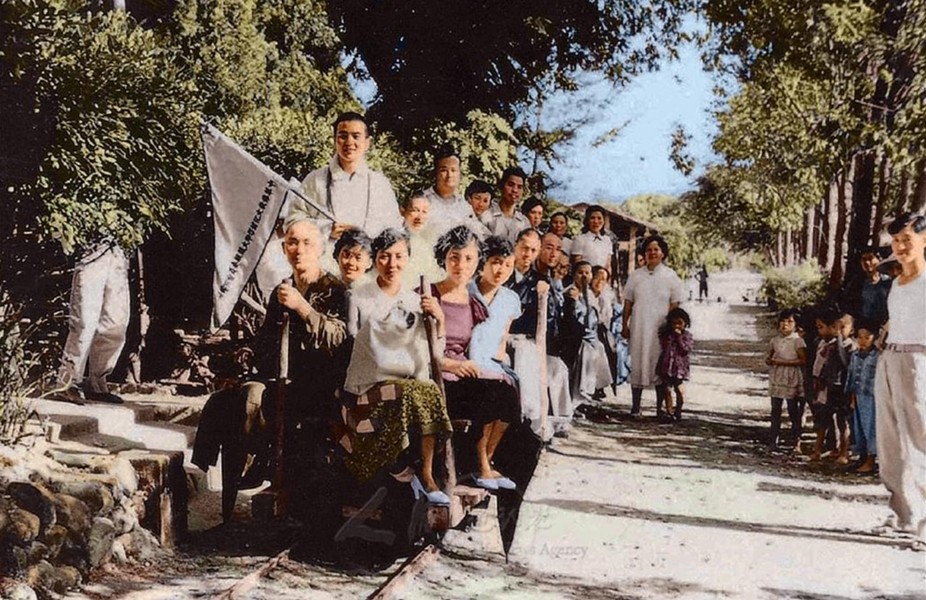
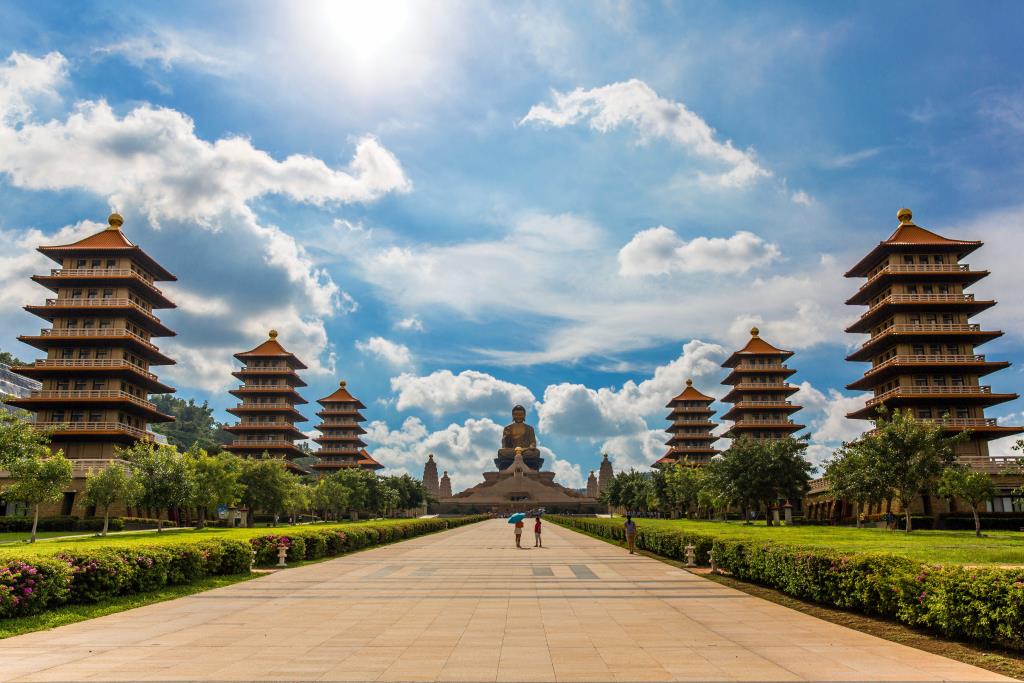
Founding of Fo Guang Shan
In 1967, Master Hsing Yun founded Fo Guang Shan Monastery in Kaohsiung, Taiwan, with the mission of promoting Humanistic Buddhism. This approach emphasizes integrating Buddhist teachings into everyday life through education, cultural activities, charitable services, and religious practice. Under his leadership, Fo Guang Shan developed comprehensive guidelines and practices, including the publication of the Fo Guang Shan Qing Rules.
Wisdom Finds New Roots Around the World
Master Hsing Yun's vision extended beyond Taiwan, leading to the establishment of over 200 temples in different parts of the world, including Hsi Lai Temple in the United States, Nan Tien Temple in Australia, Nan Hua Temple in South Africa, and Tathagata Temple in Brazil. He also founded 16 Buddhist colleges, 24 art galleries, numerous libraries, publishing houses, and educational institutions, including the University of the West in the United States and Fo Guang University in Taiwan.
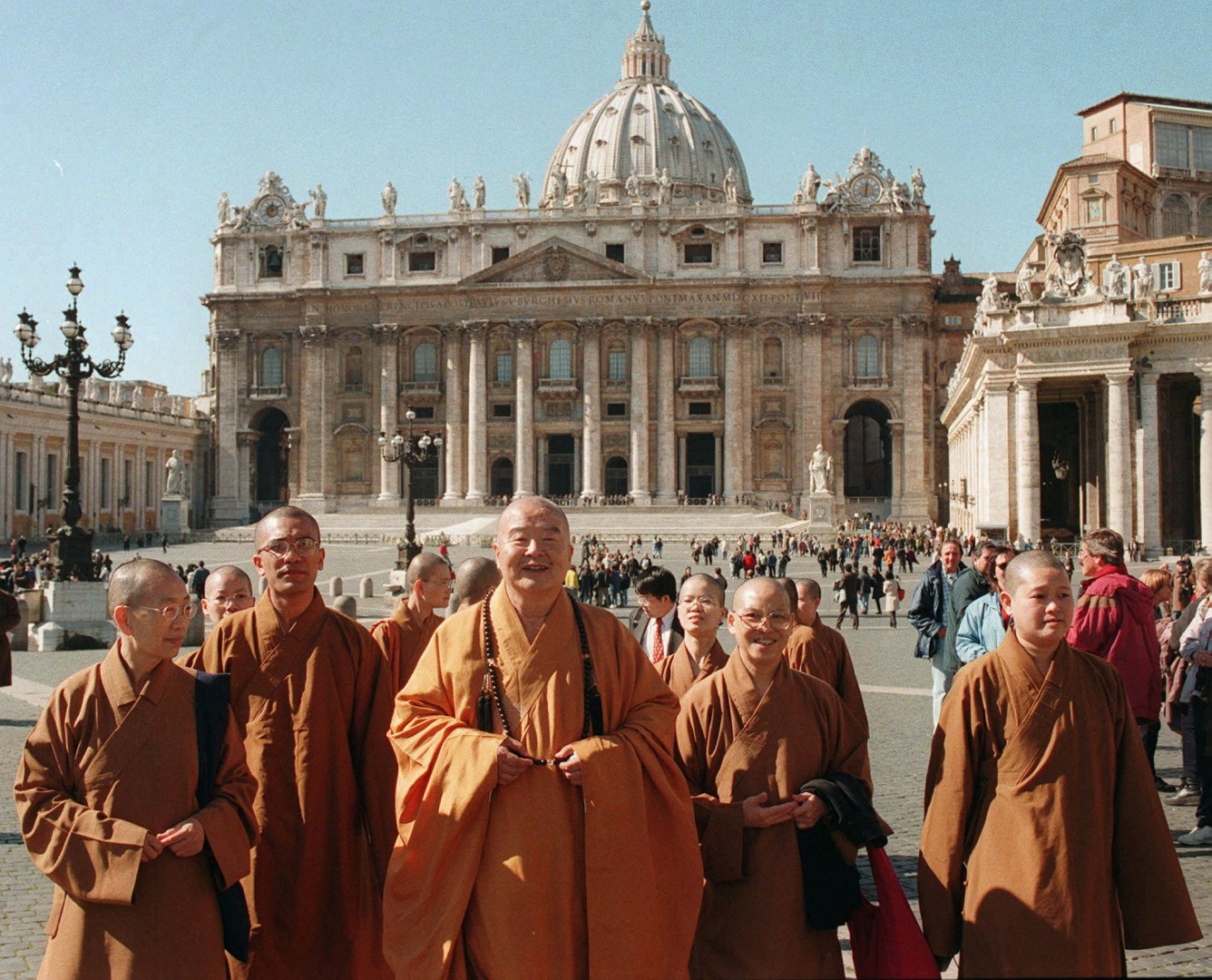
Humanitarian Efforts and Social Welfare
Throughout his life, Master Hsing Yun was dedicated to humanitarian efforts. He established facilities such as Renai Homes, Yunshui Hospital, and Fo Guang Clinics to provide care and support to various communities. His initiatives included donating resources like wheelchairs and prefabricated homes to those in need around the world.
Interfaith Dialogue and Advocacy
Master Hsing Yun was a strong advocate for interfaith dialogue and global Buddhist exchanges. He played a significant role in fostering cross-strait Buddhist interactions between Taiwan and mainland China. In 1998, he led efforts to restore the bhikshuni precepts of Theravada Buddhism in India. He also advocated for the establishment of a national Buddha’s Birthday in Taiwan.
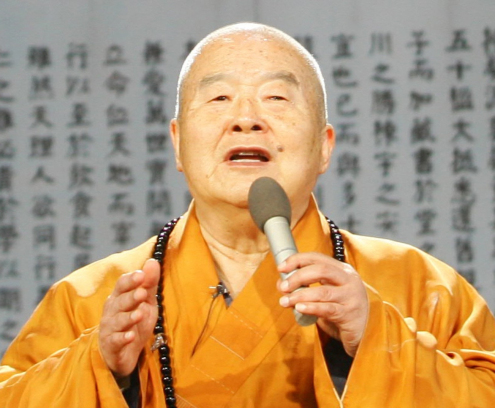
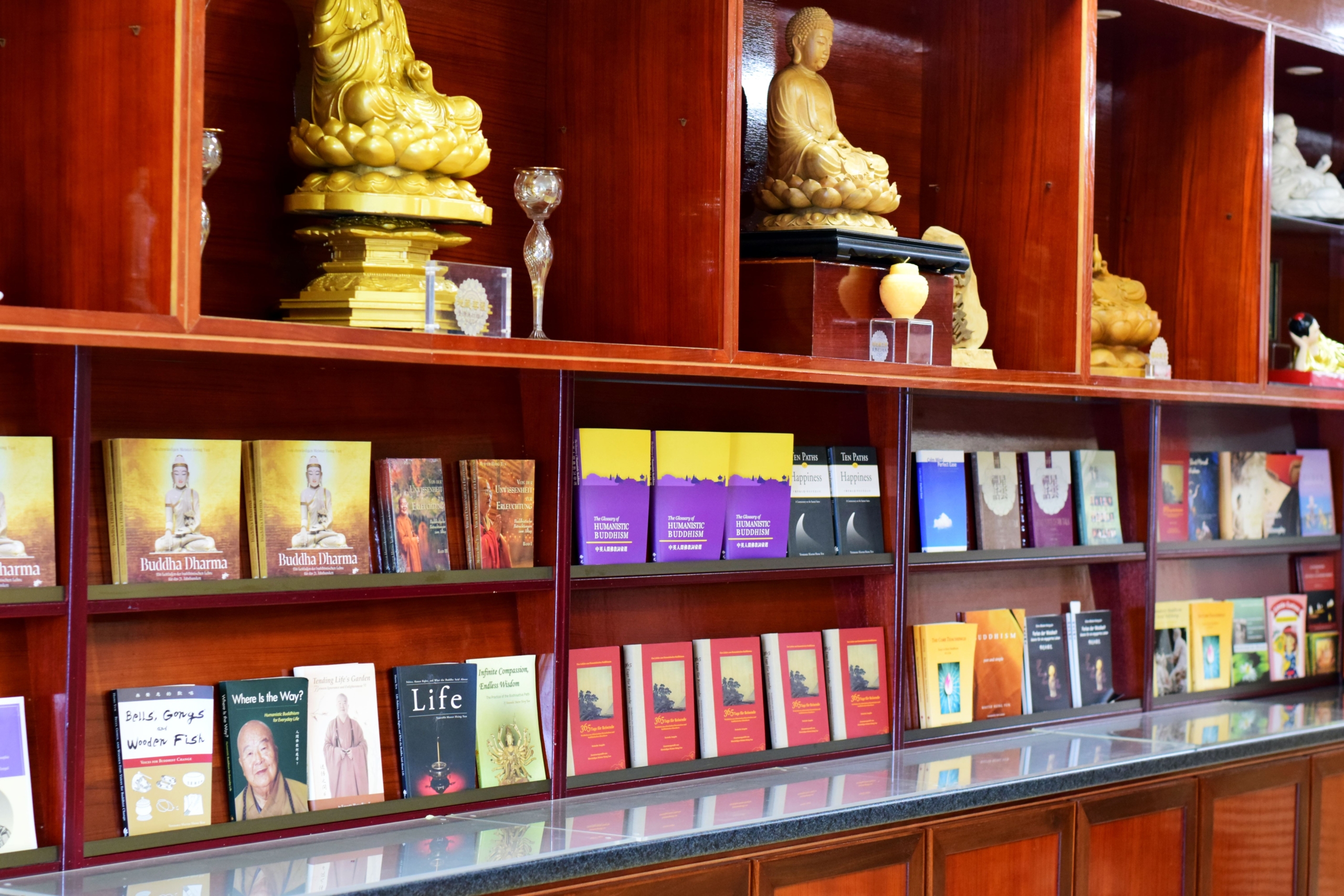
Literary and Scholarly Contributions
A prolific author, Master Hsing Yun penned numerous works, including The Biography of Sakyamuni Buddha and Contemporary Thoughts on Human Minds. His writings have been translated into multiple languages, reaching a diverse global audience. He also oversaw significant scholarly projects like the compilation of the Fo Guang Tripitaka and the Fo Guang Dictionary, contributing substantially to Buddhist studies.
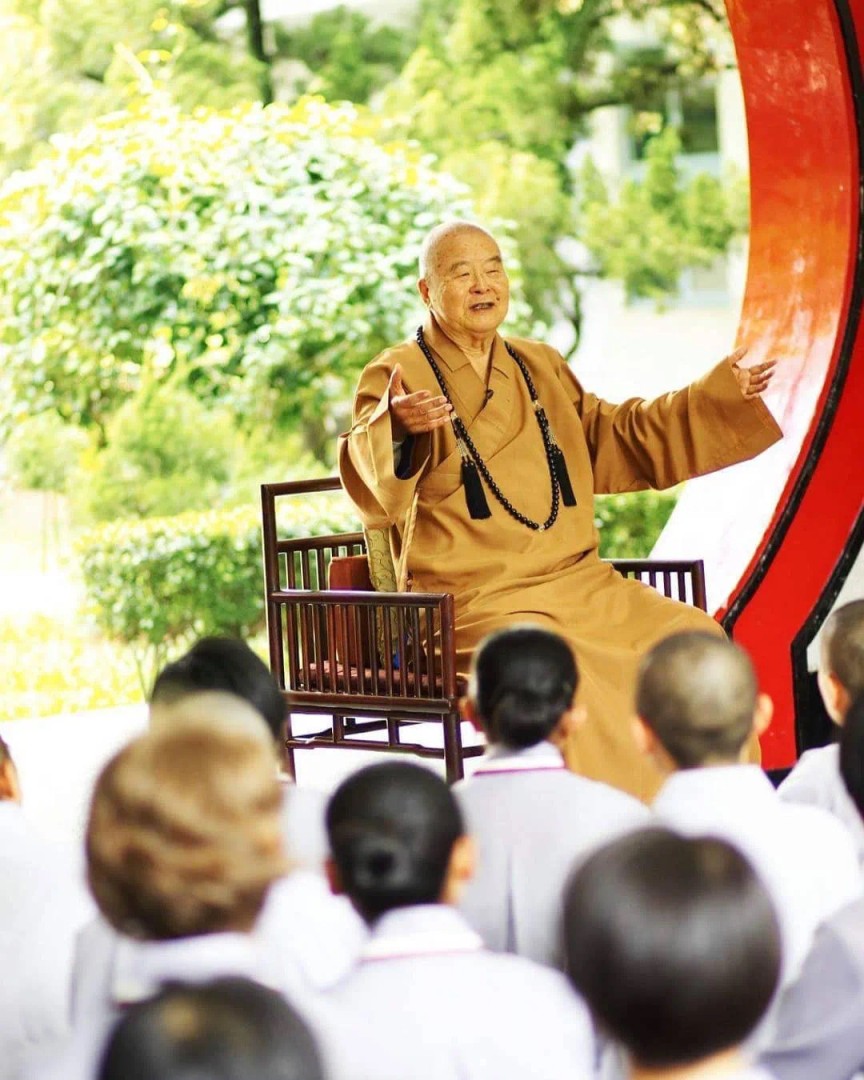
Honors and Recognition
His contributions were recognized with numerous honors, including honorary doctorates from institutions such as Dongguk University in South Korea and Griffith University in Australia. He received awards like the "Buddha Treasure Award" in India (1995) and the "Lifetime Achievement Award" in the United States (2006).
Legacy and Lasting Impact
Master Hsing Yun's teachings have inspired people across different cultures and backgrounds. He founded the Buddha's Light International Association in 1991, creating opportunities for individuals to engage in learning and service across more than 170 countries. His vision for joy, harmony, and mutual understanding continues to influence many.
